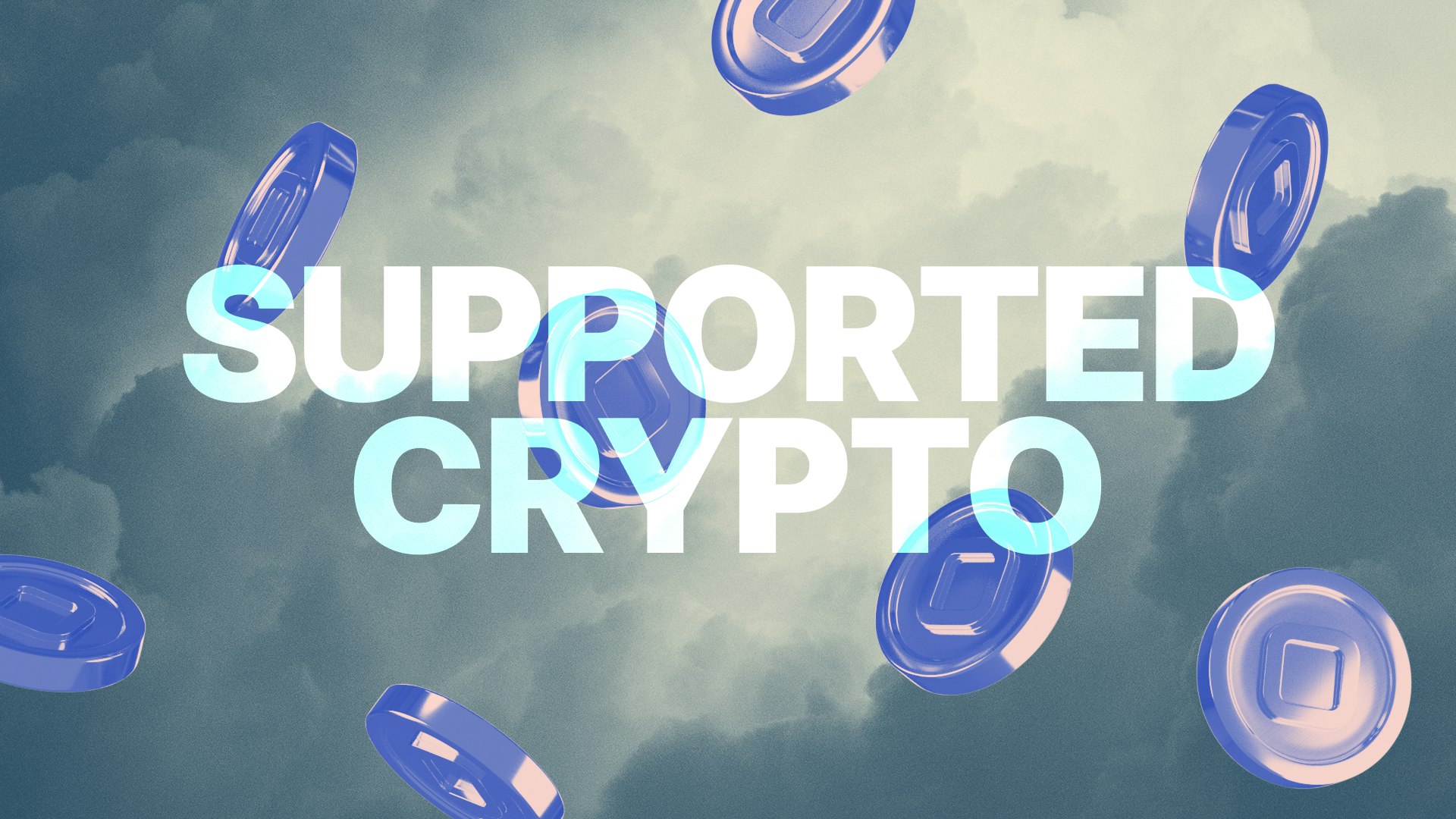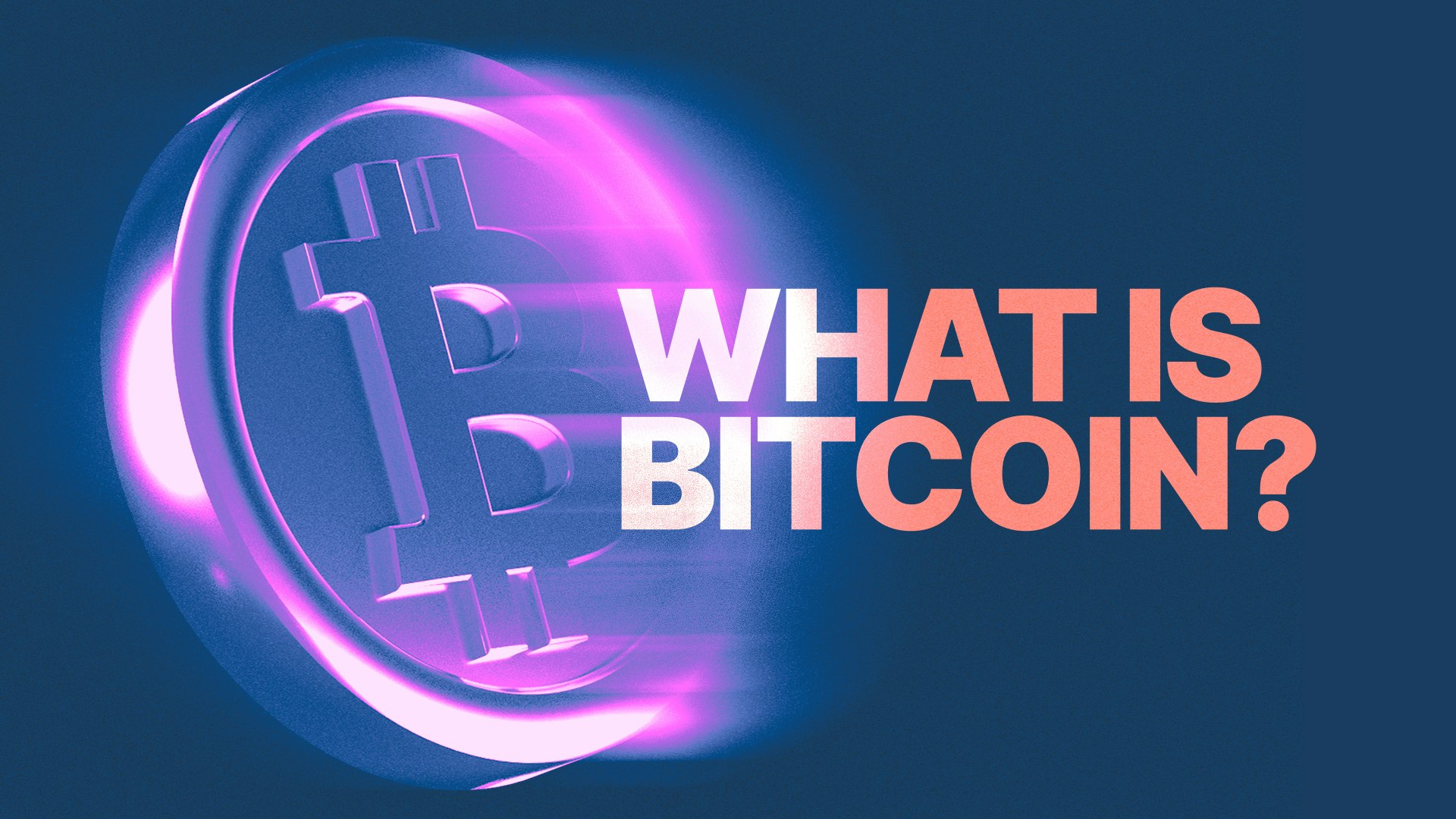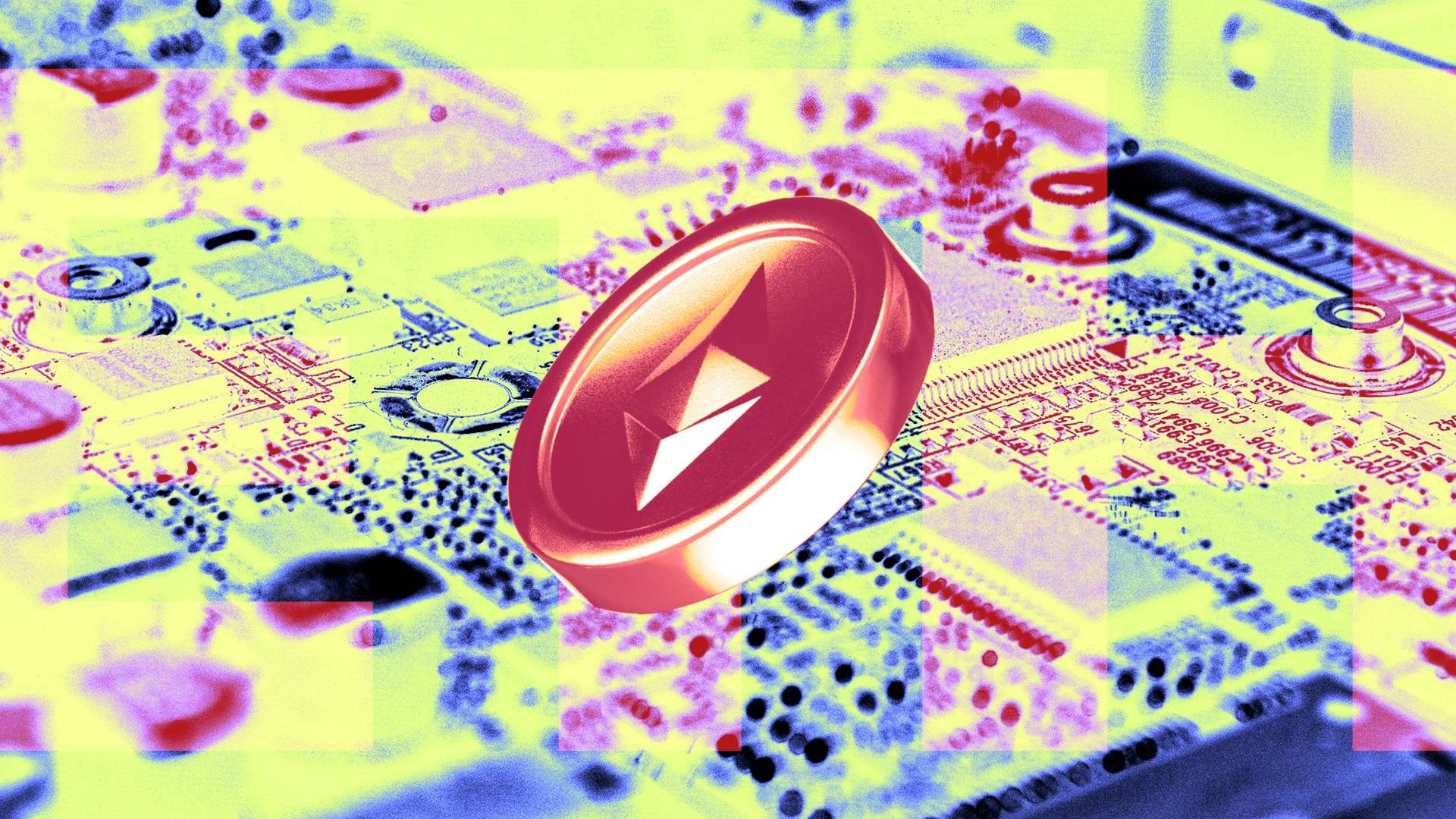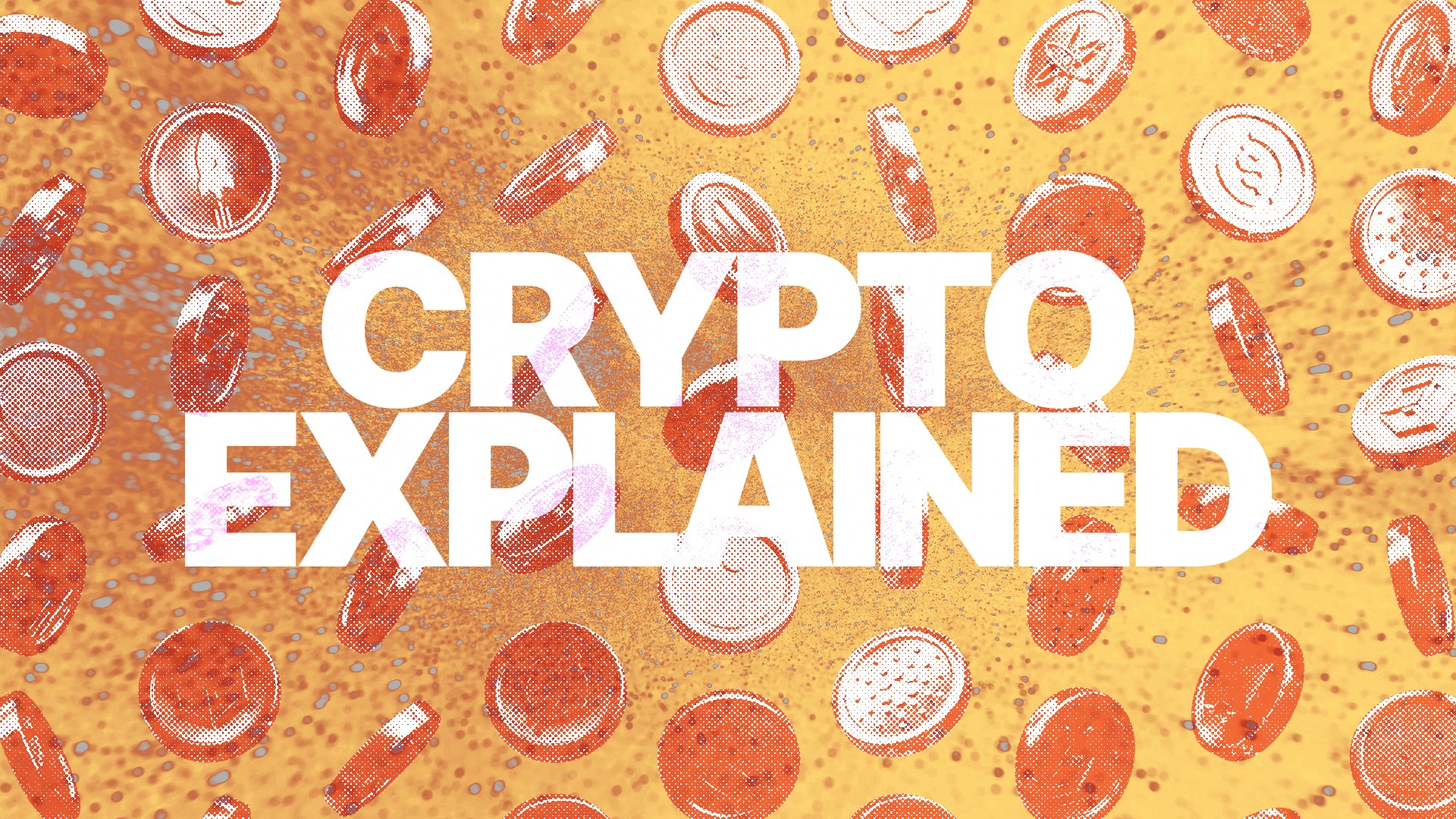Don’t invest unless you’re prepared to lose all the money you invest. This is a high‑risk investment and you should not expect to be protected if something goes wrong. Take 2 mins to learn more.
What Are the Supported Cryptocurrencies on CoinJar?
Discover the supported cryptocurrencies on CoinJar, understand what "supported" means, and learn how to avoid common mistakes like sending unsupported tokens to your wallet.
In this article...
- Here are some cryptocurrencies supported by CoinJar for trading and storage.
- These are the tips you need to prevent errors, such as sending unsupported tokens to your wallet.
- And, an explanation of what "supported" means.

What are the supported cryptocurrencies on CoinJar? What does "supported" mean? How do you avoid common mistakes like sending unsupported tokens to your wallet? We have all the answers in this article.
What Does "Supported Cryptocurrencies" Mean?
A "supported cryptocurrency" refers to any digital asset that CoinJar enables you to trade, store, send, and receive within its platform. Each cryptocurrency comes with specific technical and regulatory requirements.
For example:
Trading
You can buy and sell supported cryptocurrencies directly on CoinJar.
Storage
Supported cryptocurrencies can be stored in your CoinJar wallet.
Sending and Receiving
CoinJar supports transactions for these cryptocurrencies, which means you can send them to external wallets or receive them into your CoinJar account.
Support Matters: Permanent Loss
If a cryptocurrency isn’t supported, or isn’t supported on a certain network, CoinJar cannot process transactions involving that token. Sending an unsupported token to a CoinJar wallet address could result in the permanent loss of your funds. Understanding which cryptocurrencies are supported is essential to ensure your transactions are safe and successful.
Put simply, if you try to send a type of crypto that CoinJar doesn't support, or try to send crypto using an unsupported network/blockchain, to your CoinJar wallet, it won't work. You could lose those assets forever. So always double-check that the cryptocurrency you're using is one that CoinJar accepts. Stick to the supported list, and you'll be good to go.
CoinJar's Supported Cryptocurrencies
CoinJar supports a wide range of cryptocurrencies. Here's an overview of the key categories of tokens available on CoinJar:
Major Cryptocurrencies
These are some of the most popular and widely-used cryptocurrencies: -Bitcoin (BTC) -Ethereum (ETH) -XRP (XRP) -Litecoin (LTC) -Cardano (ADA) -Dogecoin (DOGE) -Polkadot (DOT) -Solana (SOL), and more.
ERC-20 Tokens
ERC-20 tokens are a specific type of cryptocurrency built on the Ethereum blockchain. CoinJar supports many well-known ERC-20 tokens.
Note that Unsupported ERC-20 tokens sent to your CoinJar wallet may be irretrievable. Always verify that the token is supported before initiating a transaction. Here are some supported ERC-20 tokens on CoinJar.
-USD Coin (USDC)
-Tether (USDT)
-Shiba Inu (SHIB)
-Uniswap (UNI)
-Chainlink (LINK)
-Decentraland (MANA), and many more.
Layer 2 and Ecosystem Tokens
CoinJar also supports Layer 2 solutions and specific ecosystem tokens, such as:
-Arbitrum Tokens: Arbitrum (ARB), Ethereum (ETH)
-Optimism Tokens: Optimism (OP), Ethereum (ETH)
Solana Ecosystem Tokens
Solana is a high-performance blockchain known for its speed and low fees. CoinJar supports the following tokens within the Solana ecosystem:
-Bonk (BONK)
-Dogewifhat (WIF)
-Render (RENDER)
-Solana (SOL)
-Official Trump (TRUMP)
-USD Coin (USDC)
Layer 2 solutions and ecosystem tokens offer several advantages. Transactions on these networks are significantly more price competitve than on base-layer chains. Reduced congestion leads to quicker confirmations. Tokens like those in the Solana ecosystem support decentralised applications (dApps) and new use cases.
Other Notable Tokens
-Avalanche (AVAX)
-Tezos (XTZ)
-Algorand (ALGO)
-Tron (TRX)
-Various tokens in the Polygon ecosystem (e.g., POL).
For a full and regularly updated list of supported cryptocurrencies, visit the CoinJar Cryptocurrencies page.
Common Mistakes to Avoid
Cryptocurrency transactions can be irreversible, so it’s crucial to avoid these common mistakes.
Sending Unsupported Cryptocurrencies
If you send an unsupported cryptocurrency (or a supported token on an unsupported blockchain) to your CoinJar wallet, the funds could be permanently lost. For example:
-Sending a token built on Binance Smart Chain (BSC) instead of Ethereum.
-Sending a token that isn’t listed on CoinJar.
Solution: Always double-check the list of supported tokens on CoinJar before sending funds.
Using the Wrong Blockchain
Some cryptocurrencies exist on multiple blockchains. For example:
-USD Coin (USDC) exists on Ethereum, Solana, and other blockchains.
-Sending USDC on Solana to an ERC-20 (Ethereum-based) CoinJar wallet might result in the loss of your crypto.
Solution: Ensure you're sending the token on the correct blockchain. CoinJar will specify the network for deposits. Follow these instructions carefully.
Note: CoinJar does offer multichain functionality for select tokens, meaning that tokens can be sent over different blockchains.
ETH support: In addition to ERC-20, you can now send and receive ETH on both the Optimism and Arbitrum One networks.
USDC can be sent over ERC-20 and also Solana.
POL Transfers: POL can now be transferred using both ERC20 and POL networks. ARB and OP Networks: You can now send and receive ARB and OP tokens using the Arbitrum and Optimism networks respectively.
Misunderstanding ERC-20 Tokens
Many users confuse ERC-20 tokens with other Ethereum-based assets. Always confirm that the exact token is listed as supported by CoinJar. Unsupported ERC-20 tokens sent to your CoinJar address may be permanently lost.
Send and Receive Cryptocurrencies on CoinJar
To help you avoid costly mistakes, follow these steps when sending or receiving cryptocurrencies:
Check the Supported Cryptocurrencies List
Before initiating any transaction, confirm that the cryptocurrency and its blockchain are supported by CoinJar. How? By going to the CoinJar app > Deposit>Cryptocurrency>select your crypto and then you will see a choice of available networks.
Verify the Wallet Address
Double-check the wallet address and ensure it matches the correct cryptocurrency and blockchain.
Review CoinJar's Knowledge Base
CoinJar offers detailed guides on how to send and receive cryptocurrencies safely. Take a moment to review these resources if you’re unsure.
Contact Support for Assistance
If you accidentally send an unsupported token or make a mistake, reach out to CoinJar’s support team. However, it is important to understand that recovery isn’t always possible.
Additional Tips for CoinJar Users
To make the most of your CoinJar experience, keep these tips in mind:
Educate Yourself
Explore the CoinJar Blog and CoinJar Learn to deepen your understanding of crypto.
Stay Updated
CoinJar occasionally updates its list of supported cryptocurrencies. Check regularly for new additions or delistings.
Final Thoughts
Understanding which cryptocurrencies CoinJar supports is a key part of using the platform effectively and safely. By taking a few extra moments to confirm token compatibility and following best practices for sending and receiving cryptocurrencies, you can avoid unnecessary headaches and potential losses.

Suggested Articles

What is Bitcoin (BTC)? What is "Digital Gold" Used For?
What is Bitcoin? It is a digital currency that can be traded, exchanged, and used as a form of payment independent of central banks and governments.Read more
What is Ethereum? What is ETH Used For?
Ethereum is a decentralised blockchain-based open-source software platform that allows for the development of decentralised applications (dApps).Read more
What Is Crypto? How do Cryptocurrencies Work?
Crypto has become incredibly popular. But how does this digital currency work? And are there cryptos other than Bitcoin? Read moreBrowse by topic
Standard Risk Warning: The above article is not to be read as investment, legal or tax advice and it takes no account of particular personal or market circumstances; all readers should seek independent investment advice before investing in cryptocurrencies.
The article is provided for general information and educational purposes only, no responsibility or liability is accepted for any errors of fact or omission expressed therein. Past performance is not a reliable indicator of future results. We use third party banking, safekeeping and payment providers, and the failure of any of these providers could also lead to a loss of your assets.
We recommend you obtain financial advice before making a decision to use your credit card to purchase cryptoassets or to invest in cryptoassets.
Capital Gains Tax may be payable on profits.
CoinJar's digital currency exchange services are operated in the UK by CoinJar UK Limited (company number 8905988), registered by the Financial Conduct Authority as a Cryptoasset Exchange Provider and Custodian Wallet Provider in the United Kingdom under the Money Laundering, Terrorist Financing and Transfer of Funds (Information on the Payer) Regulations 2017, as amended (Firm Reference No. 928767).
In the UK, it's legal to buy, hold, and trade crypto, however cryptocurrency is not regulated in the UK. It's vital to understand that once your money is in the crypto ecosystem, there are no rules to protect it, unlike with regular investments.
You should not expect to be protected if something goes wrong. So, if you make any crypto-related investments, you're unlikely to have recourse to the Financial Services Compensation Scheme (FSCS) or the Financial Ombudsman Service (FOS) if something goes wrong.
The performance of most cryptocurrency can be highly volatile, with their value dropping as quickly as it can rise. Past performance is not an indication of future results.
Remember: Don't invest unless you're prepared to lose all the money you invest. This is a high-risk investment and you should not expect to be protected if something goes wrong. Take 2 mins to learn more.
UK residents are required to complete an assessment to show they understand the risks associated with what crypto/investment they are about to buy, in accordance with local legislation. Additionally, they must wait for a 24-hour "cooling off" period, before their account is active, due to local regulations. If you use a credit card to buy cryptocurrency, you would be putting borrowed money at a risk of loss.
We recommend you obtain financial advice before making a decision to use your credit card to purchase cryptoassets or to invest in cryptoassets.
Specific risks associated with stablecoins: There is a risk that any particular stablecoin may not hold their value as against any fiat currency; or may not hold their value as against any other asset. Stablecoins carry the following risks:
Depegging events: Depegging events may occur with stablecoins that fail to maintain adequate controls and risk mitigants. A depegging event is when the value of the stablecoin no longer matches the value of the underlying asset. This could result in a loss of some or all of your investment.
• Counterparty risk: Counterparty risk arises when an asset is backed by collateral, involving a third party maintaining the collateral, which introduces risk if the party becomes insolvent or fails to maintain it.
• Redemption risk: Redemption risk refers to the possibility that an asset's ability to be redeemed for underlying collateral may not be as anticipated during market fluctuations or operational issues.
• Collateral risk: Collateral risk refers to the possibility of the collateral's value declining or becoming volatile, potentially impacting the asset's stability, particularly when it is another crypto-asset.
• Exchange rate fluctuations: Stablecoins, often denominated in US Dollars, expose investors to fluctuations in the USD:GBP exchange rate.
• Algorithmic risk: Algorithm risk refers to the possibility of an asset's stability being compromised due to unexpected failure or behaviour of the underlying algorithm, potentially leading to loss of value.
Specific risks associated with meme coins: 'Meme coins' (e.g. DOGE, SHIB, PEPE) are crypto-assets whose value is driven primarily by community interest and online trends. Meme coins carry the following risks:
• Volatility risk: Meme coins can have extreme price volatility, often experiencing rapid and unpredictable price fluctuations within short periods. The value of meme coins can be influenced by social media trends, celebrity endorsements, and other factors unrelated to traditional investment fundamentals.
• Lack of utility: Meme coins often lack intrinsic value or utility, being primarily driven by community interest, online trends, and speculative trading.
• Market manipulation: Meme coins may be susceptible to increased risk of market manipulation including 'pump-and-dump' schemes, where the price is artificially inflated followed by a sudden crash.
• Lack of transparency: Meme coins may have limited available information about their development teams, goals, and financials. This lack of transparency can make it challenging to assess the credibility and potential of a meme coin accurately.
• Emotional investing: Meme coins often garner strong emotional reactions from investors, leading to impulsive decisions. Emotional trading activity can amplify losses. Specific risks associated with DeFi tokens
Decentralised Finance (or 'DeFi') tokens (e.g. UNI, AAVE) are crypto-assets linked to financial applications and protocols built on decentralised blockchain technology.
DeFi tokens carry the following risks:Smart contract risk: DeFi relies heavily on smart contracts. Even a minor coding error or oversight can lead to a contract being exploited, potentially resulting in significant losses for DeFi tokens.
Regulatory risk: DeFi operates in a decentralised manner, often without intermediaries or financial crime controls. Regulatory bodies across jurisdictions might introduce new regulations impacting the use, value, or legality of certain DeFi protocols or assets. Rug-pulls / Exit scams: Some DeFi projects might be launched by anonymous or pseudonymous teams, increasing the risk of "rug pulls" where developers abandon the project and withdraw funds, leaving investors with worthless tokens.
Data/oracle risk: DeFi protocols often rely on external data sources or 'oracles. Manipulation or inaccuracies in these data sources can lead to unintended financial outcomes within the protocols.
Protocol complexity: The complexity of some DeFi protocols can make it difficult for average users to fully understand the mechanisms and associated risks.
If you use a credit card to buy cryptocurrency, you would be putting borrowed money at a risk of loss. We recommend you obtain financial advice before making a decision to use your credit card to purchase cryptoassets or to invest in cryptoassets.
Your information is handled in accordance with CoinJar’s Privacy Policy.
Cryptoassets traded on CoinJar UK Limited are largely unregulated in the UK, and you are unable to access the Financial Service Compensation Scheme or the Financial Ombudsman Service.
We use third party banking, safekeeping and payment providers, and the failure of any of these providers could also lead to a loss of your assets.
We recommend you obtain financial advice before making a decision to use your credit card to purchase cryptoassets or to invest in cryptoassets. Capital Gains Tax may be payable on profits.
CoinJar’s digital currency exchange services are operated in the UK by CoinJar UK Limited (company number 8905988), registered by the Financial Conduct Authority as a Cryptoasset Exchange Provider and Custodian Wallet Provider in the United Kingdom under the Money Laundering, Terrorist Financing and Transfer of Funds (Information on the Payer) Regulations 2017, as amended (Firm Reference No. 928767).
Apple Pay and Apple Watch are trademarks of Apple Inc. Google Pay is a trademark of Google LLC.
This site is protected by reCAPTCHA and the Google Privacy Policy and Terms of Service apply.

